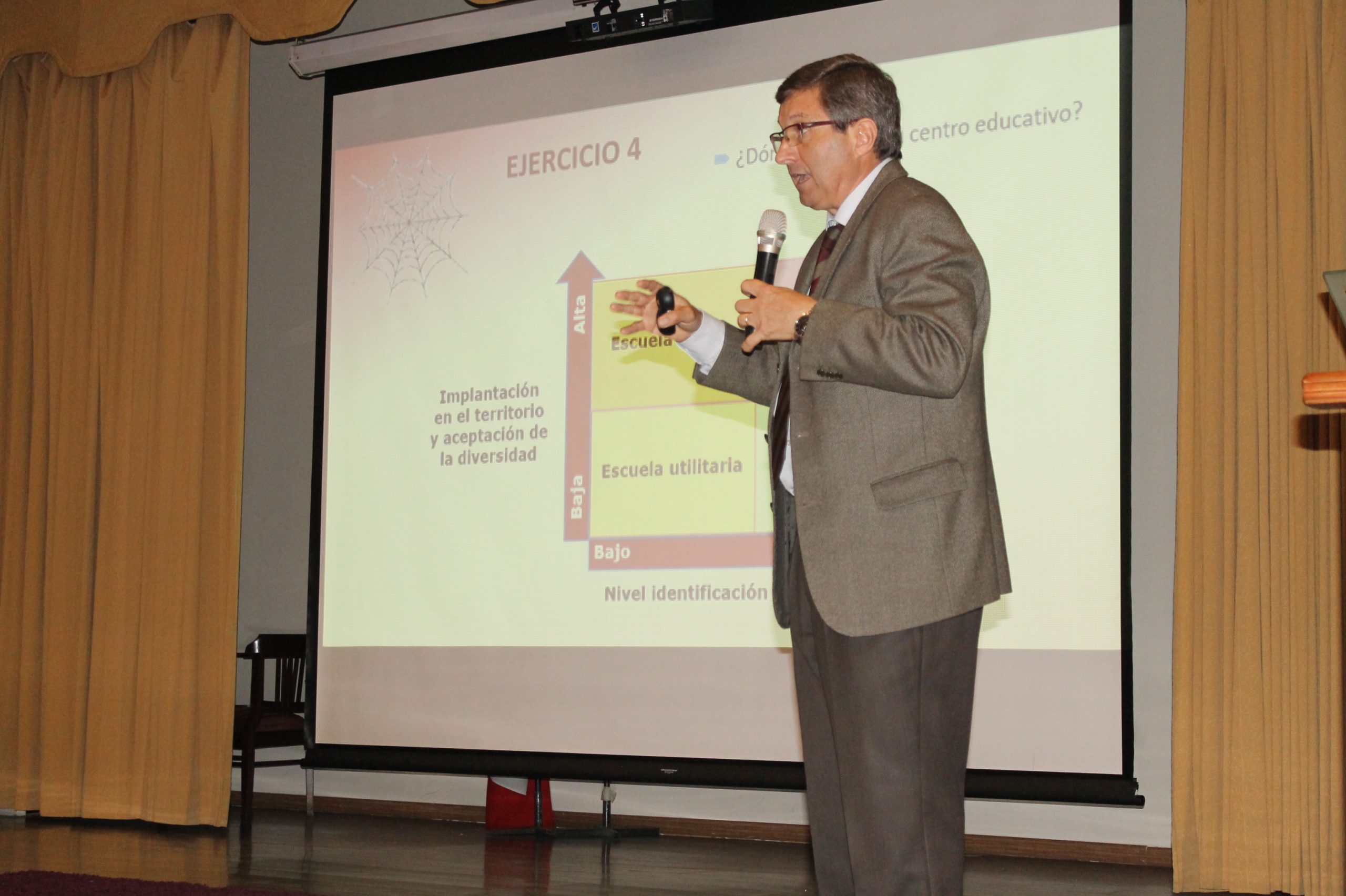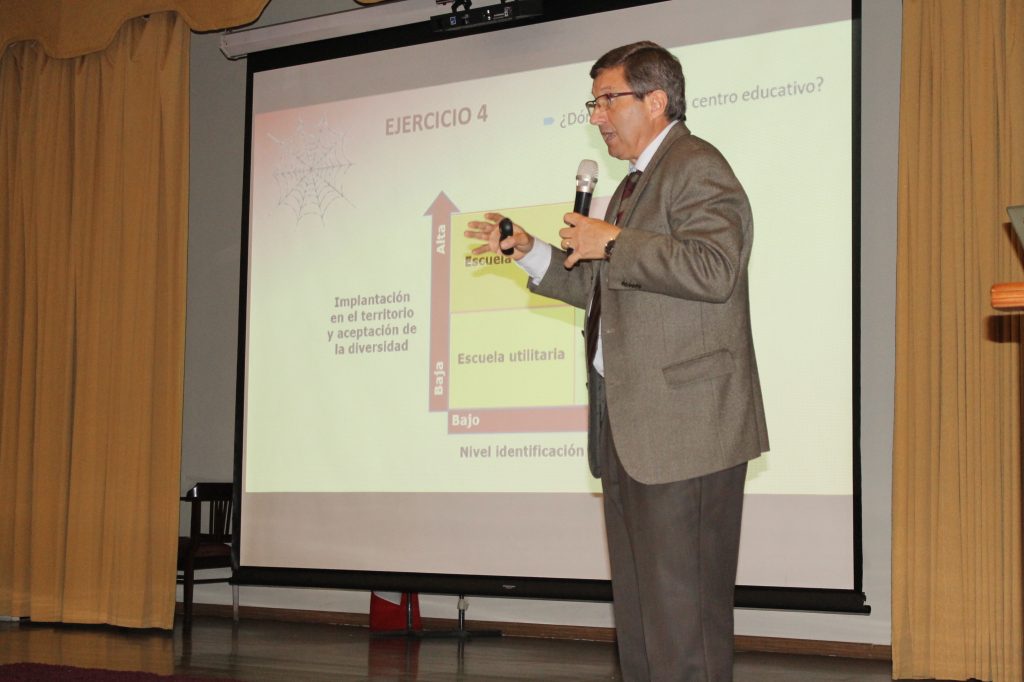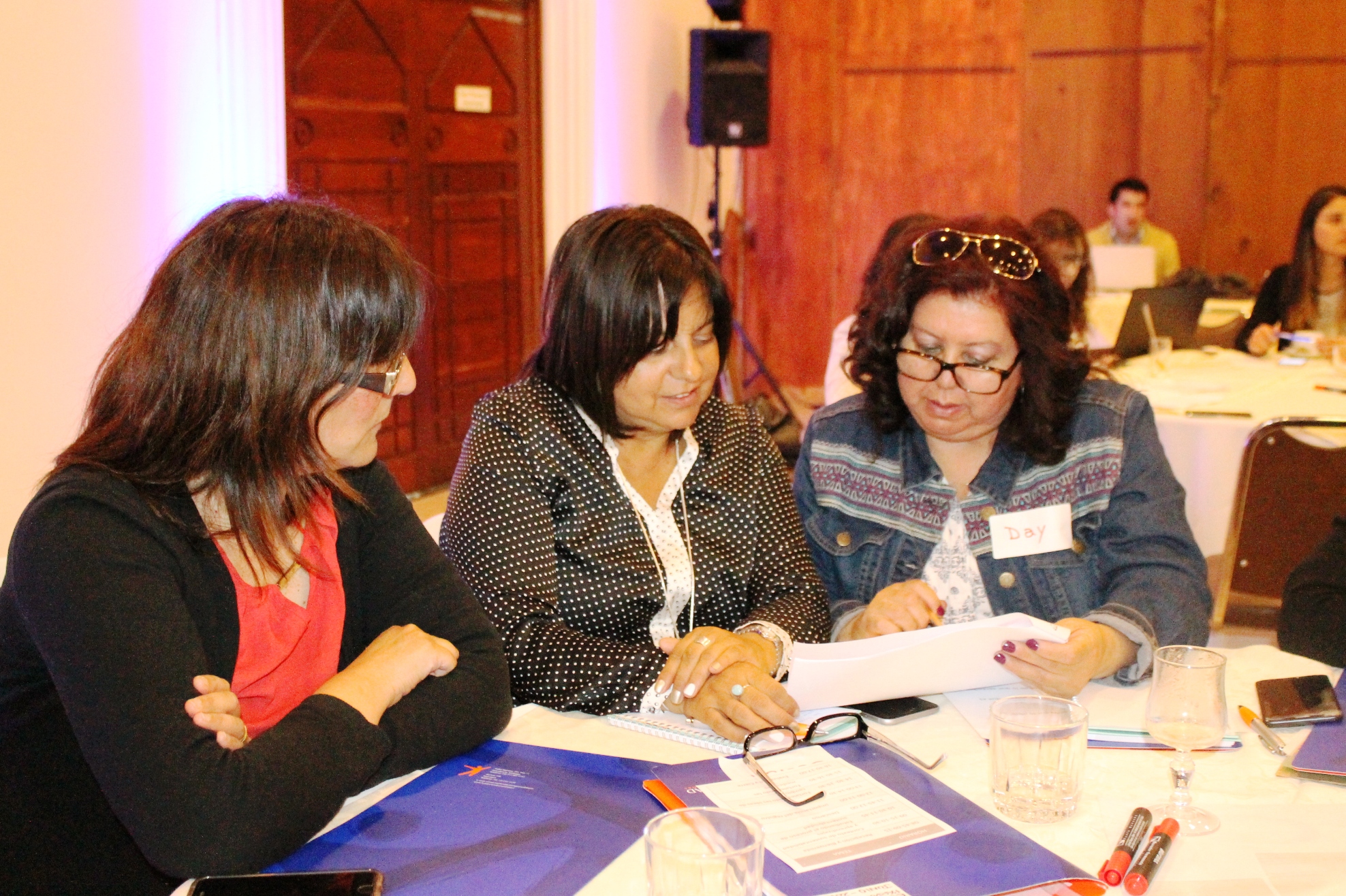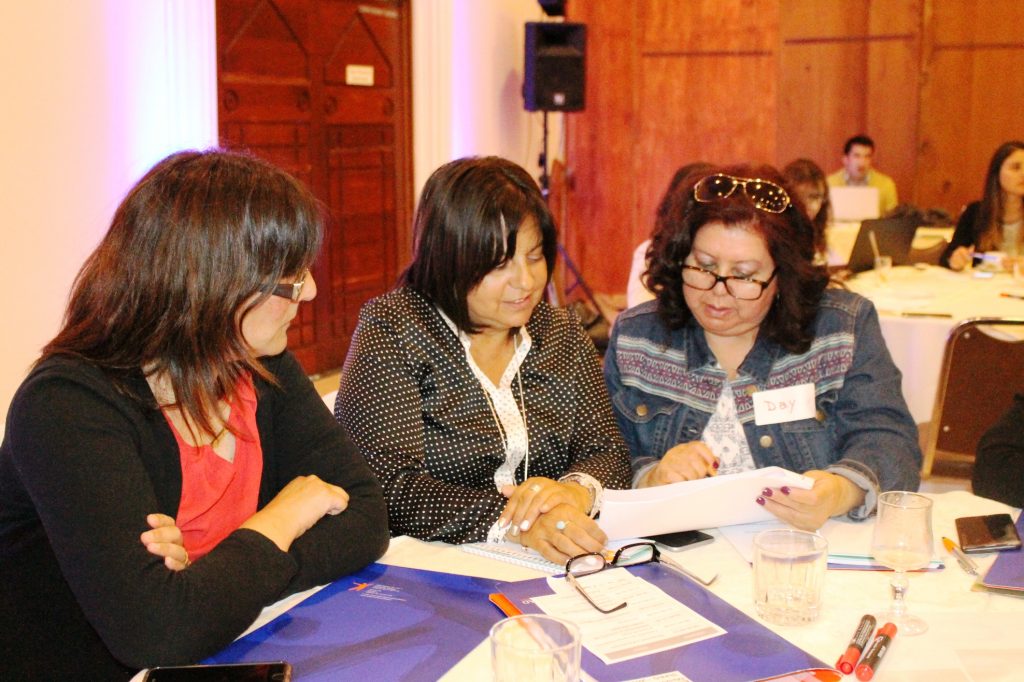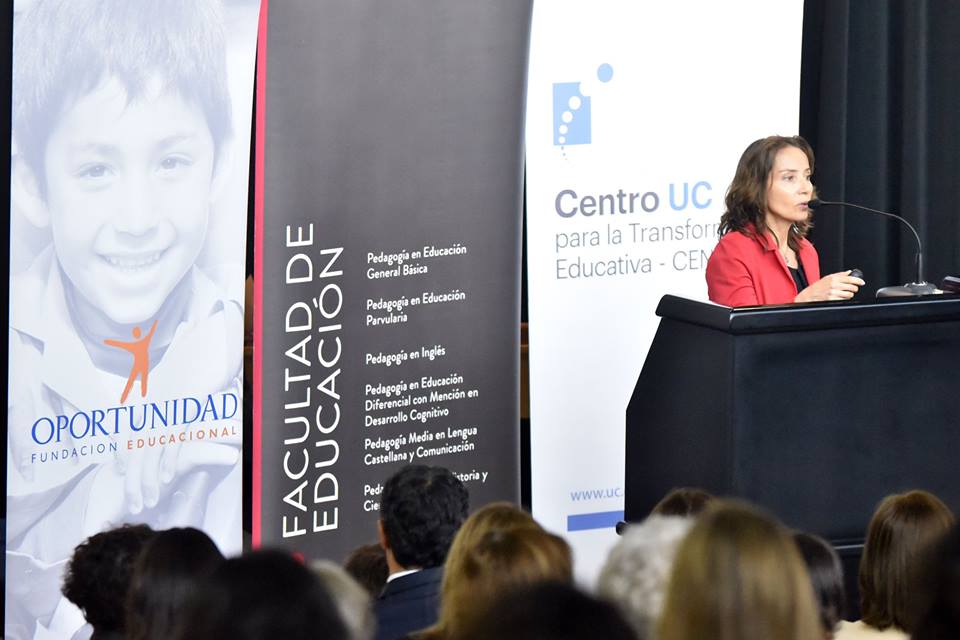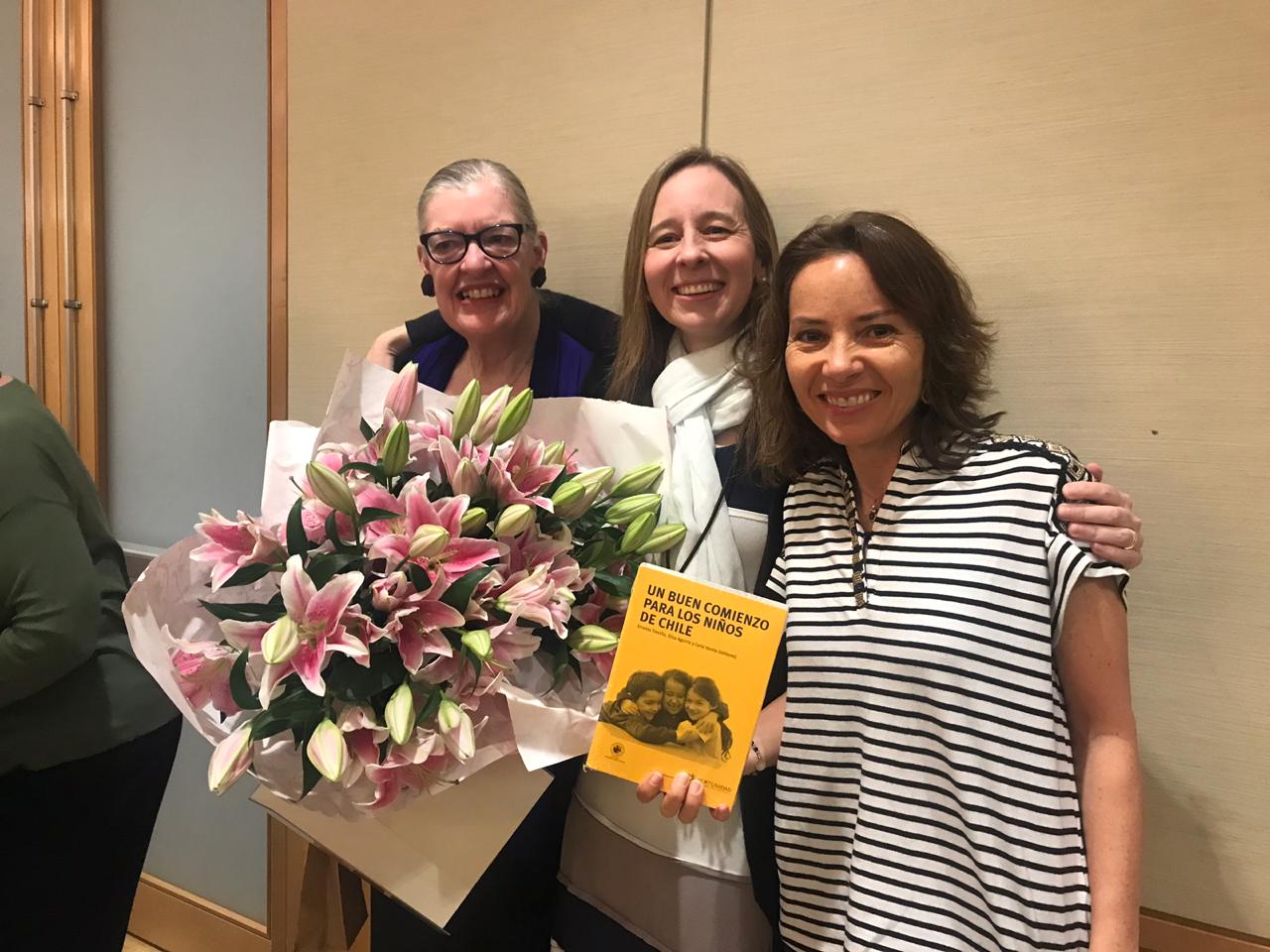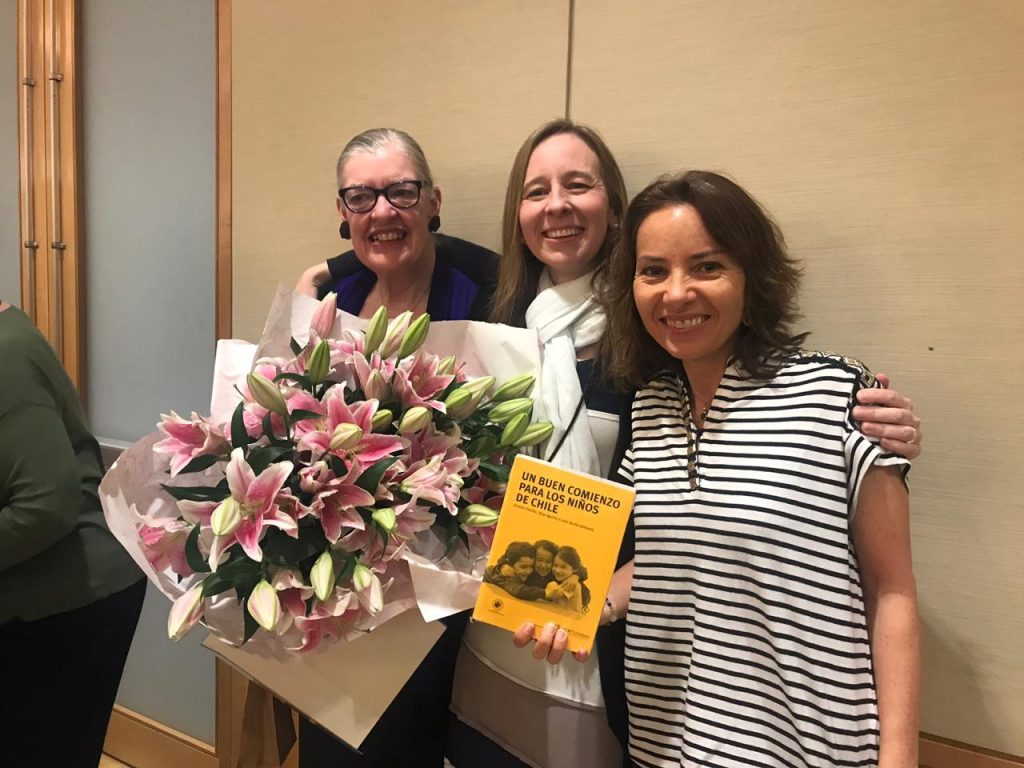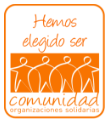
40 escuelas de las regiones O’Higgins y Metropolitana se reunieron en 2da sesión de aprendizaje UBC
Alrededor de 200 personas, entre ellas educadores y técnicos en párvulos, jefes de unidad técnico pedagógica, directores y sostenedores de las comunas de Malloa, Paredones, San Fernando, Mostazal y El Olivar, en la región de O´Higgins, y Renca de la región Metropolitana analizaron junto al equipo de Fundación Educacional Oportunidad los resultados del trabajo del primer semestre para proyectar las mejoras que deben realizar para enfrentar lo que queda del año escolar.
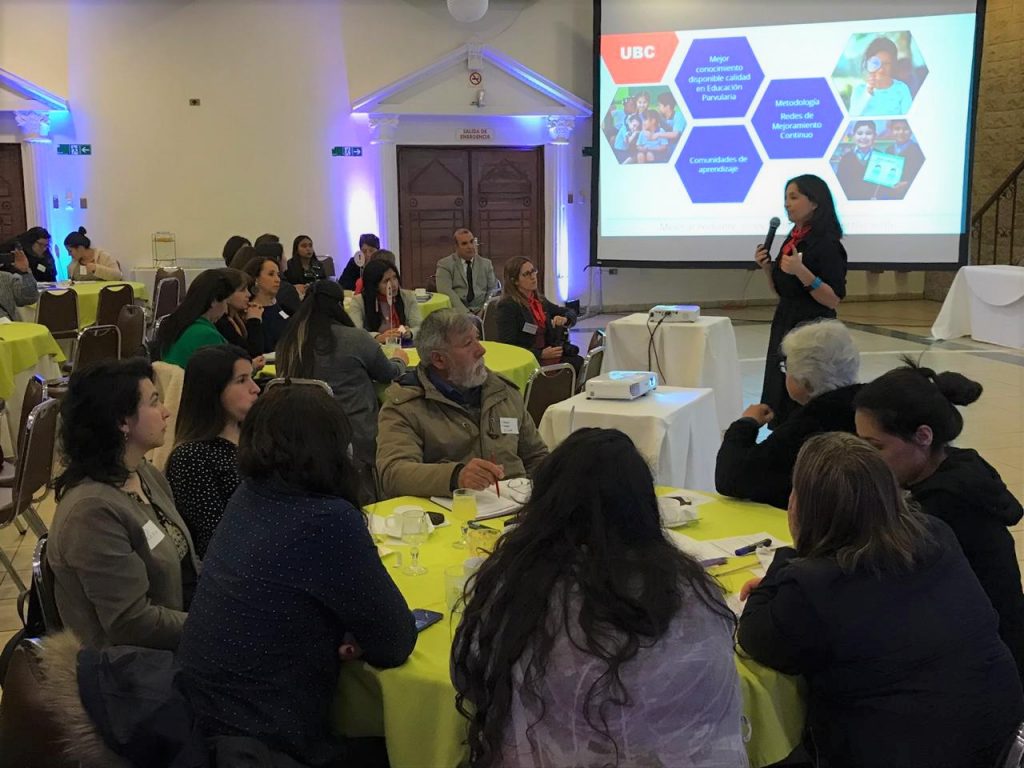
40 escuelas municipales de las regiones Metropolitana y O’Higgins que participan del programa de desarrollo profesional docente Un Buen Comienzo se reunieron este jueves para compartir los avances que han tenido en sus salas de prekínder y kínder durante el primer semestre y proyectar un plan de mejoramiento para finalizar el año escolar.
El trabajo colaborativo es la base de la metodología de mejora continua con que trabaja este programa, cuyo objetivo es mejorar la calidad de la educación inicial, apoyando a las escuelas en mejorar prácticas pedagógicas y de liderazgo para que los niños y niñas alcancen un mejor desarrollo socioemocional y del lenguaje.
Durante la jornada, se realizó un taller que permitirá a los equipos educativos y directivos reflexionar sobre los resultados obtenidos hasta la fecha. Por otro lado, se entregaron herramientas a los equipos directivos para que fortalezcan los ámbitos que han permitido alcanzar buenos resultados en sus establecimientos y ajustar aquellos donde aparecen espacios de mejora.
La directora ejecutiva de Fundación Educacional Oportunidad, Marcela Marzolo señaló que esta Sesión de Aprendizaje “es una instancia muy relevante, ya que por segunda vez en el año reunió a los equipos educativos y directivos y los representantes comunales de todas las escuelas que participan del programa Un Buen Comienzo para compartir sus logros, aprendizajes y desafíos, aprendiendo unos de otros y reflexionando colectivamente para juntos buscar las mejores maneras de avanzar para el logro de las metas, lo que se traduce en más y mejores aprendizajes para los niños y niñas del nivel inicial”.

